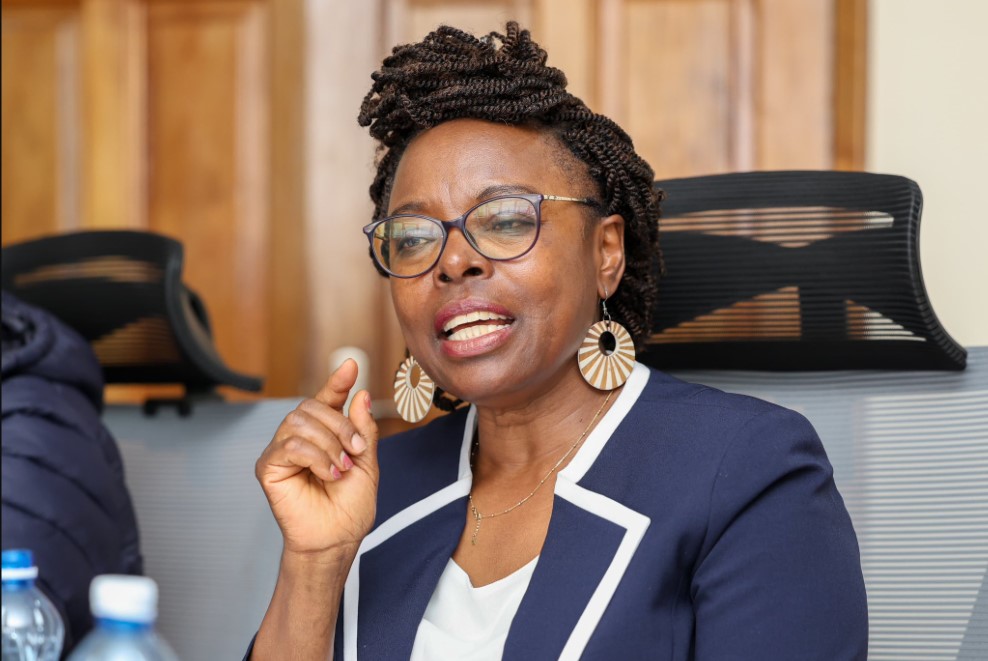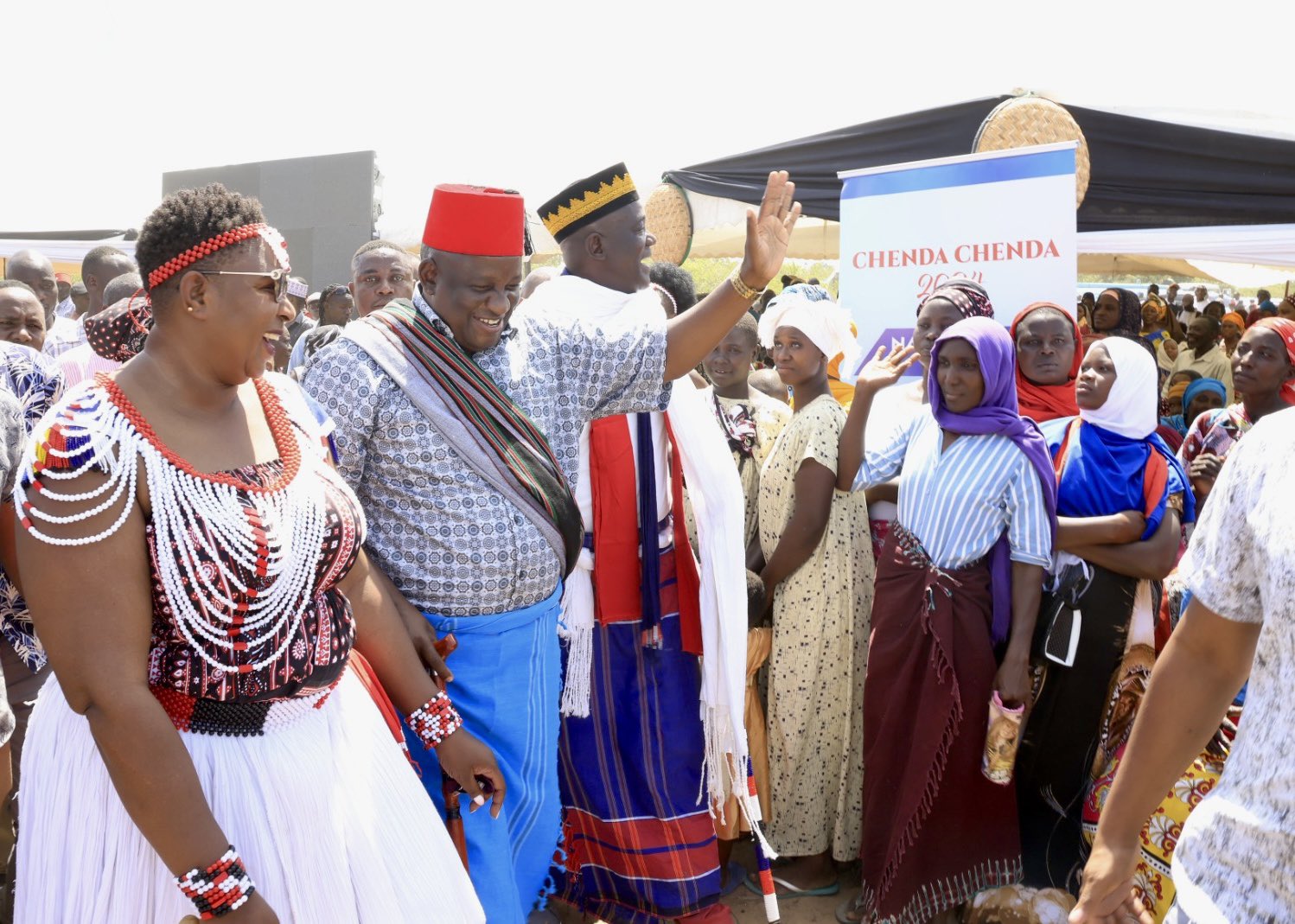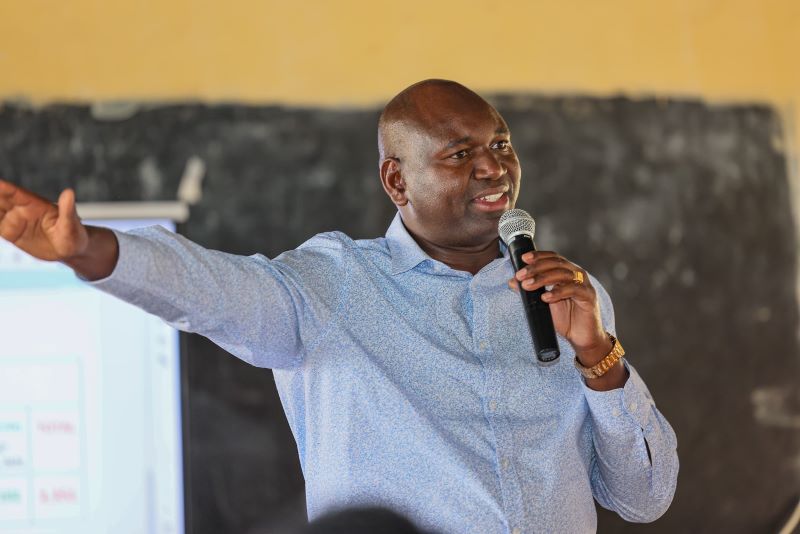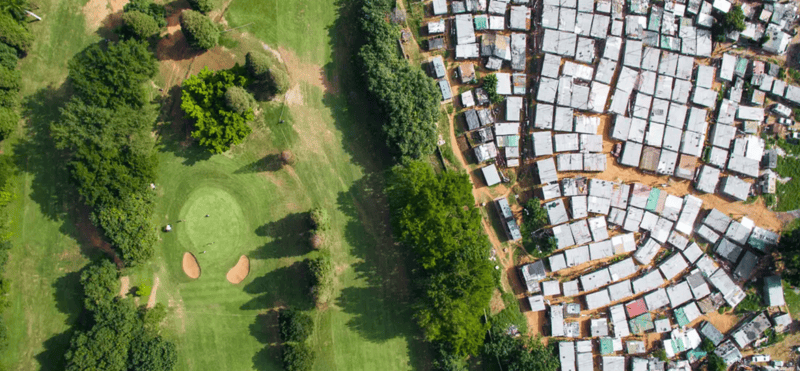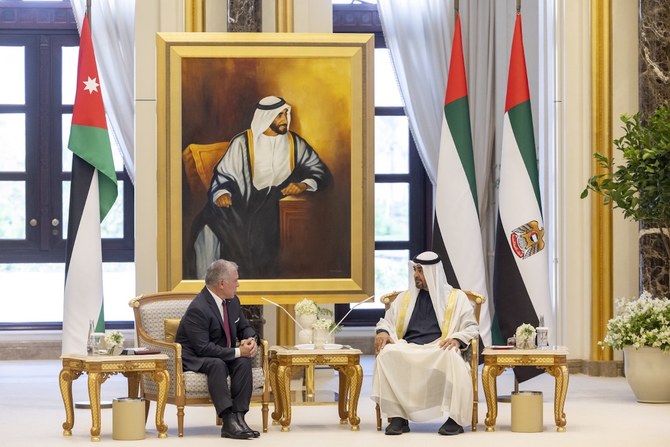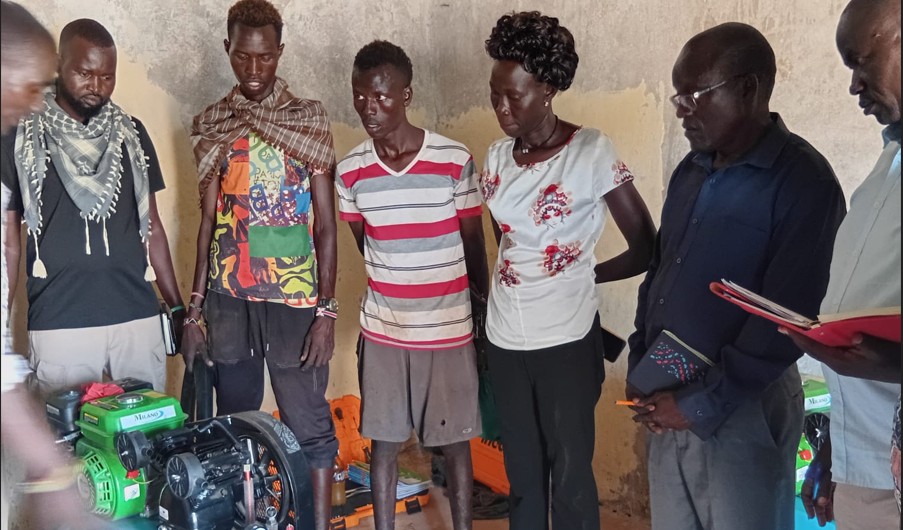South Sudan latest country to ratify River Nile agreement
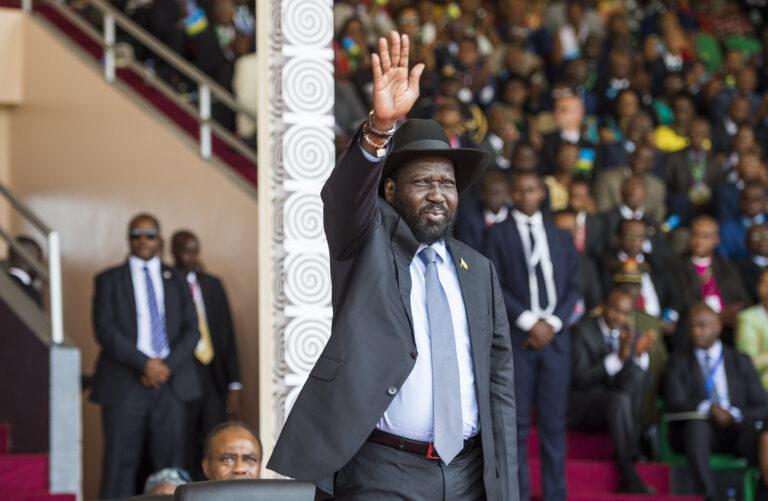
The framework lays down some basic principles for the protection, sharing, and management of the Nile Basin.
South Sudan is the latest country to ratify the River Nile Cooperative Framework (CFA), joining Ethiopia, Tanzania, Rwanda, and Uganda.
Ethiopian Prime Minister, Abiy Ahmed, congratulated the bold move by South Sudan, stating that the ratification of the framework by the President Salva Kiir-led government will foster regional cooperation between the two nations.
On his X page, Ahmed emphasised that the milestone is significant in the region's collective aspiration for regional cooperation in the Nile Basin.
More To Read
- Egypt, Sudan discuss Ethiopia's Nile dam, affirm shared water security
- Egypt vows not to give up its Nile water rights despite Ethiopia's Grand Dam completion
- Museveni in Egypt for high-stakes meeting with El-Sisi amid rising Nile tensions
- Trump reignites debate over Ethiopia’s Nile dam, Egyptian analysts see opportunity for resolution
- Nile tensions resurface as Egypt slams Ethiopia’s dam completion
- PM Abiy calls for unity amid Egypt, Sudan tensions as Ethiopia completes grand dam construction
"The ratification will provide impetus for working towards the common good of our people through the establishment of the Nile Basin Commission," Abiy stated.
With the ratification, the framework is poised to take effect on October 6, 2024. Upon its enforcement, the framework will establish the Nile Basin Commission, which is set to resolve longstanding disputes over colonial-era treaties concerning the Nile, significantly influencing the future management of the River Nile Basin.
The framework lays down some basic principles for the protection, sharing, and management of the Nile Basin.
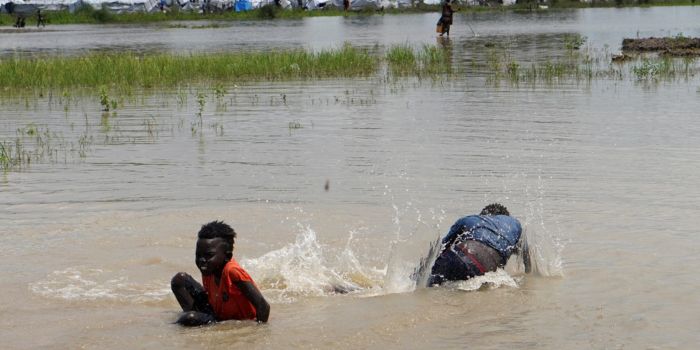 Children play in floodwaters at the airstrip after the River Nile broke the dykes in Pibor, Greater Pibor Administrative Area, South Sudan, on October 6, 2020. (Photo: Andreea Campeanu/Reuters)
Children play in floodwaters at the airstrip after the River Nile broke the dykes in Pibor, Greater Pibor Administrative Area, South Sudan, on October 6, 2020. (Photo: Andreea Campeanu/Reuters)
It establishes the principle that each Nile Basin state has the right to use, within its territory, the waters of the Nile River Basin and lays down several factors for determining equitable and reasonable utilisation, as well as their conservation and protection for the benefit of present and future generations.
The framework includes the contribution of each basin state to the waters of the Nile River System and the proportion of the drainage area in the territory of each basin state.
Discussions on the framework began in 1997 and took 13 years of negotiation among all 10 riparian countries. The agreement formerly came to completion in 2010. Later, South Sudan joined after gaining its independence from Sudan, making a total of 11 countries.
The 11 riparian countries entail Ethiopia, Kenya, Tanzania, Rwanda, Uganda, Burundi, Eritrea, Sudan, Egypt, the Democratic Republic of Congo, and South Sudan.
The ratification and ascension into law of the CFA will usher in a new regime of Nile water use in the basin based on internationally agreed water-sharing principles and the interests of all the basin states, hence ushering in an era of cooperation and collaboration among the riparian countries to bring about the greater common good for their people.
It will also be of great help in improving security in energy, food, and water for the countries.
Other Topics To Read
Top Stories Today
Reader Comments
Trending
